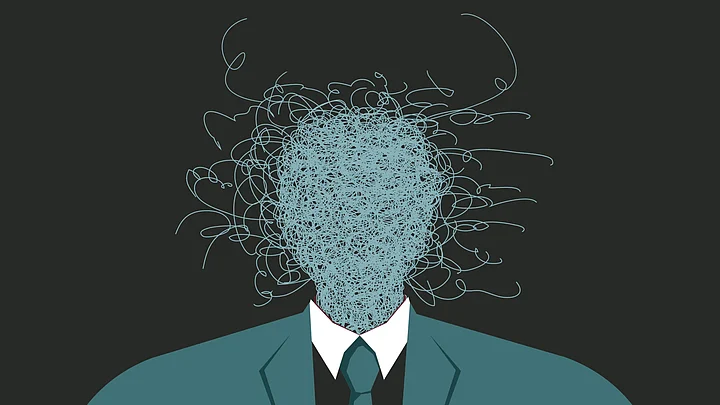Can you remember the last time you felt sad, anxious or scared that made you feel different and a little off? The National Alliance of Mental Illness suggests that a rough patch or unusual feelings for a prolonged time can be a sign of something deeper.
There is till stigma around mental illness in our society. The fight against mental illness would become so much easier if we understood its effects and were empathetic.
Here are a few signs and symptoms that can help people recognise their mental health issues or help others.
Feeling Sad for Longer Time
Your feelings of sadness that lasts for more than two weeks can be a sign of mental illness. Everyone experiences sadness at one point or the other. However, normal feelings of sadness get better with time. The American Psychatric Association reported that abnormally intense sadness lasting for two weeks or longer could be a sign of depression. NIH stated that a feeling which is heavier than normal and is difficult to snap out of requires immediate attention.
Extreme Mood Swings
You may experience extreme mood swings and may not be able to find a reason behind it. Your mood may seem to switch quickly and randomly. According to a study by National Biotechnology and Information, a person experiences joyous emotions more frequently than the negative ones but it is normal for someone's emotions to change daily. However, according to NAMI, dramatic mood swings that causes shift in behaviour and energy can be a sign of bipolar disorder.
Feeling Overanxious
You may feel overanxious at times and feel that you don't have control over your emotions. There might be times when you cannot shut down your mind to keep such thoughts away. According to the National Institute of Mental Health, these may be signs of anxiety disorder. Other signs may include insomnia, irritability, unreasonable aches and pains. If these signs exist for more than six months, one must see a mental health specialist.
Isolating Yourself
Other sign may be withdrawal from social activities and isolating oneself. Taking time from others has proven to be beneficial for the physical and mental health of a person. But it is different when you start to make excuses to avoid get-togethers and social interactions often. Avoiding meeting people can be a sign of anxiety or other disorder.
Delusions or Hallucinations
According to NAMI, Schizophrenia may be the most poorly understood and stigmatized mental illness diagnosis. It affects less than 1 percent of the population and begins early in life, especially in males. Contrary to inaccurate generalisations, it is possible to live a good life with schizophrenia.
Difficulty in Daily Life
People who might be suffering from mental illness may have difficulty in performing their day-to-day tasks and may face problems in daily situations. The Australian Department of Health stated that a rough patch that disrupts your normal functioning and lasts for more than 2 weeks to 2 months may be a sign of depression or anxiety.
Sleeping too Much
The Harvard school of Medicine believes that 10-18 percent of people among the normal population face difficulty in sleeping. However, sleeping too much or too little is two or three times more common in people suffering from mental illness like ADHD, depression and anxiety.
Drug Abuse
If you might suffer form mental illness you may experience that you have started to abuse alcohol or drugs. According to studies 25 percent of the people who suffer from mental illness resort to alcohol or drugs to curb the feelings of anxiety, anger and mania.
Extreme Anger Outbursts
If you ever feel that you can't control your anger or you get angry more frequently than before, it might be a sign of mental illness. The extreme feelings of anger may be warning you about stress, anxiety or the unresolved grief that you might be trying to avoid. Healthline reports suggest that this could be a sign of bipolar disorder, obsessive-compulsive disorder or depression.
Thoughts of Self Harm
According to reports by the Mental Health Organisation, 10-30 percent of people under the age of 30 have thoughts of self harm or suicide. The reasons may include neglected or abusive home, loss, or trauma. If you ever find yourself thinking about suicide or self harm, reach out to a professional for help.
(At The Quint, we question everything. Play an active role in shaping our journalism by becoming a member today.)
